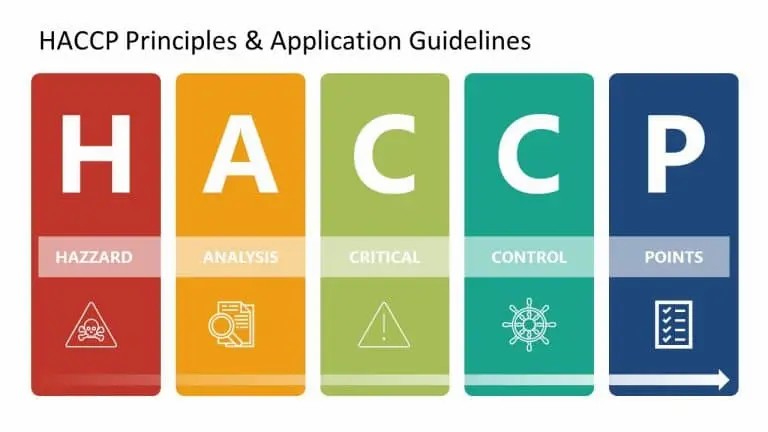


 349,500 Offered Certificates
349,500 Offered Certificates
 24/7 Online Training
24/7 Online Training
 Money Back Guarantee
Money Back Guarantee
 Fully Accredited Courses
Fully Accredited Courses

Created at: 26-02-2025 10:40
In today’s food industry, ensuring the safety of the food we consume is more crucial than ever, especially in bustling cities like **Dublin**, **Cork**, **Galway**, **Limerick**, **Waterford**, and **Belfast**. With rising awareness about foodborne illnesses and stringent regulations, HACCP certification has emerged as a vital component for food safety compliance across Ireland.
HACCP stands for Hazard Analysis and Critical Control Points. This systematic approach is designed to identify, evaluate, and control food safety hazards, ensuring that food products are safe for consumption. The application of HACCP is beneficial not only for large-scale food manufacturers but also for restaurants and catering businesses.
Under Irish law, food businesses must adhere to comprehensive regulations, including:
These laws mandate the need for businesses to implement effective food safety management systems, with HACCP being a cornerstone. This ensures compliance, reducing the risks associated with food contamination and protecting public health.
Implementing HACCP involves seven fundamental principles:
Obtaining HACCP certification not only fulfills legal requirements but also enhances your business's credibility. Here are some compelling benefits:
Achieving HACCP certification involves several steps. Here’s a streamlined process for businesses operating in Ireland:
With the rise of remote learning, businesses can choose between online and in-person HACCP training. Here are some pros and cons:
Determining which format suits your business may depend on your team’s learning style and operational schedule.
Some common violations include:
To prevent these violations, regular training, continuous monitoring, and proactive management of food safety systems are essential.
Consumers are increasingly aware of food safety issues. Businesses that display HACCP certification are often viewed as leading the way in hygiene and safety. This can lead to an enhanced reputation, greater customer retention, and increased sales.
Adopting HACCP standards is no longer optional; it’s a requirement for food businesses in Ireland seeking to ensure compliance, prevent food contamination, and protect public health. Whether you're operating a restaurant in Dublin, a catering service in Cork, or a food manufacturing facility in Galway, obtaining HACCP certification is crucial for your success.
Ready to secure your HACCP certification? Enroll in our comprehensive HACCP training courses today! Contact us at [email protected] for inquiries and registrations.